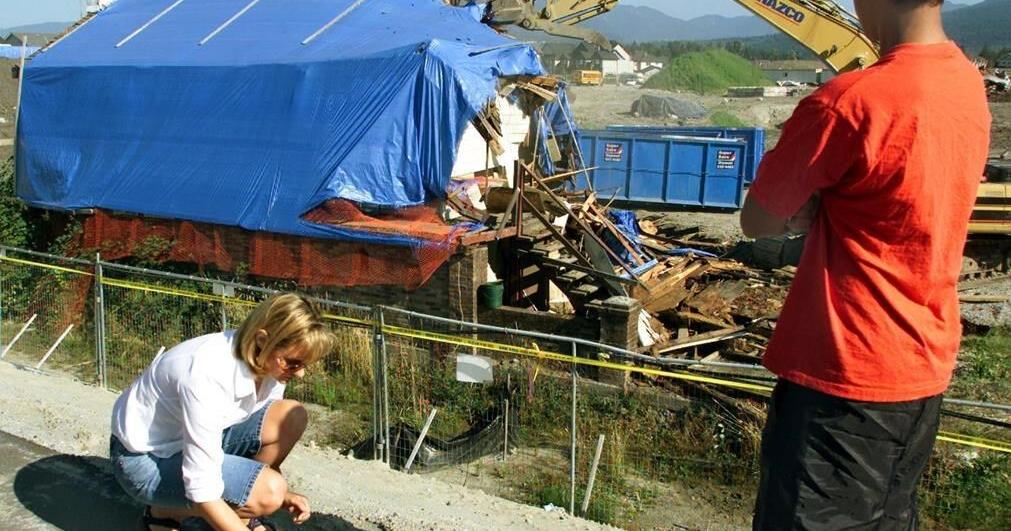British Columbia Premier David Eby’s new cabinet will be sworn in on Nov. 18, and it will have to feature a significant number of new ministers after last month’s election saw several incumbents defeated while others didn’t run.
Eby will also have to figure out how the cabinet will represent rural regions, given that the party won only five of its 47 seats, pending recounts, outside Vancouver Island and Metro Vancouver.
Here are some of the potential candidates for a new seat at the cabinet table:
Brittny Anderson, Kootenay Central
Anderson held the position of parliamentary secretary for tourism before the election and is one of only two incumbent members returning from the B.C. Interior. First elected to the legislature in 2020, she previously served as city councillor in Nelson and was board member at the Regional District of Central Kootenay.
Harwinder Sandhu, Vernon-Lumby
The other returning incumbent from the B.C. Interior, Sandhu was parliamentary secretary for seniors’ services and long-term care in the previous government. She was a federal NDP candidate for the region in the 2019 and also ran in the 2017 B.C. elections before breaking through in 2020.
Steve Morissette, Kootenay-Monashee
The mayor of the Village of Fruitvale, B.C., takes over the seat held by veteran New Democrat cabinet minister Katrine Conroy since 2005. The NDP website says Morissette was first elected in Fruitvale a decade ago.
Tamara Davidson, North Coast-Haida Gwaii
Davidson takes over another seat long held by the NDP, this time in a riding won by Jennifer Rice in the last three provincial elections before this year’s vote. Davidson is a member of the Haida Nation and an elected representative to the nation’s council, as well as a public servant for more than 25 years.
Randene Neill, Powell River-Sunshine Coast
Neill, a former Global BC broadcaster who spent almost two decades in journalism, is one of the more recognizable new MLAs coming into legislature. Her seat is also in a longtime NDP riding held by former cabinet member Nicholas Simons since 2005.
Christine Boyle, Vancouver-Little Mountain
There are also a number of high-profile New Democrat members in Metro Vancouver, starting with Boyle, a Vancouver city councillor. She was first elected to city council in 2018 and re-elected in 2022. Boyle is married to social activist Seth Klein.
Terry Yung, Vancouver-Yaletown
A veteran Vancouver police officer and longtime board member of immigrant services non-profit SUCCESS, a staple organization in Vancouver’s Chinatown. Yung is also married to Vancouver City Coun. Sarah Kirby-Yung.
Jessie Sunner, Surrey-Newton
Another high-profile new member from Metro Vancouver is former Surrey Police Board vice-chair Sunner. Surrey had been the focal point of conflict between the province and municipal officials over the future of policing. Sunner has also served as a human rights lawyer for B.C.’s Hospital Employees’ Union.
Debra Toporowski, Cowichan Valley
Toporowski has been elected twice as a North Cowichan councillor since 2018 and had served as the municipality’s acting mayor in the past. She is also a five-time councillor at the Cowichan Tribes and is the first woman ever elected to hold seats in both councils at the same time.
This report by The Canadian Press was first published Nov. 6, 2024.































